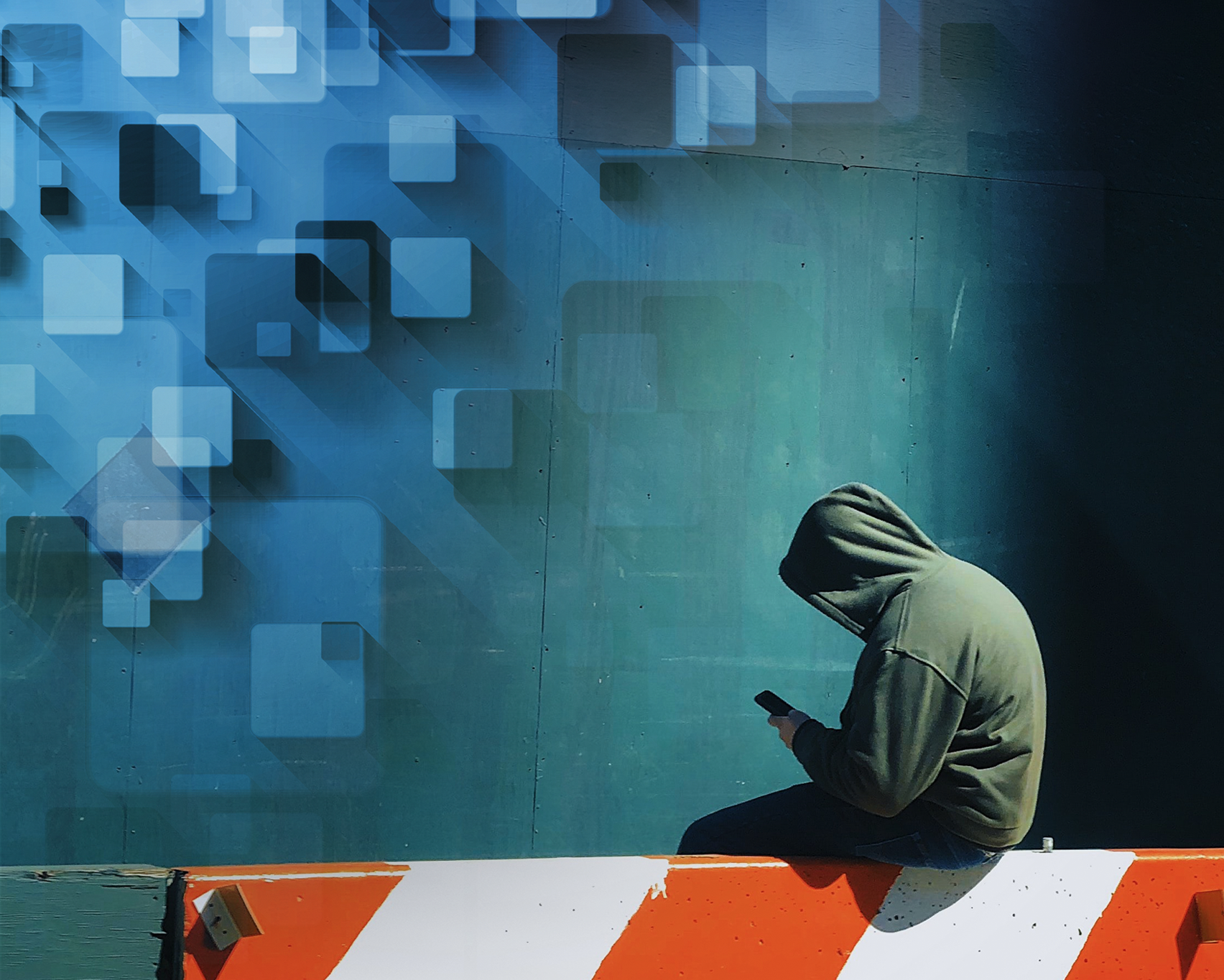
For some time now, aggressive comments, personal hostility and targeted fake news appear to be on the rise on social media. And even if you haven’t been directly affected, you hear more and more about the dangers that come with it. But what are fake news, trolling and hate speech actually all about? And above all, what can be done about it?
The fourth Smart City Laboratory online event focused on the dark side of social media: Fake news, trolls and hate speech – all phenomena of digital communication on the internet that become more pronounced in uncertain times such as the coronavirus pandemic. Why is this the case and what are the backgrounds are experts aware of who deal with hate on the internet? At the beginning, the media educator and youth protection commissioner of the city of Giessen, Thomas Graf, explained with concrete examples how texts and images are taken out of their original context and pieced together again in fake news: the smoking extra from a Russian music video suddenly becomes proof of the ‘staging of coronavirus deaths.’ Snapshots can be pieced together quickly and easily by clicking and dropping and disseminated on social media with eye-catching headlines. In many cases, however, such correlations can be traced back and quickly retraced by simply searching on the internet. Accordingly, so-called ‘fact checks’ are the most effective weapon against fake news. How to recognise them, where dangers await and how best to deal with them can be found in the following recording of the reports by Thomas Graf and CORRECTIV:
at a professional level, CORRECTIV – a non-profit organization for investigative journalism based in Essen and Berlin – deals with such fact checks. In the second part of the Smart City Laboratory event, their ‘fact checker’ Uschi Jonas gave some interesting insights into her everyday work. In doing so, she differentiates between misinformation, which simply contains false information, and disinformation, which aims to deceive and destabilise. An extreme form of this was the so-called conspiracy theories, which are based on no evidence whatsoever.
According to Uschi Jonas, the spread of conspiracy theories and disinformation is mostly based on very trivial motives, such as greed for power or financial enrichment. Nevertheless, both should not be underestimated. By unsettling fake news and fuelling fear and hatred, they threaten the democratic culture of an open society, which is essentially based on the exchange of arguments and the conflict between speaking and replying. Accordingly, it is important to take decisive action against those who spread disinformation or provoke aggressive behaviour. If necessary, you should also seek help – for example, from advice centres, the #hessengegenhetze reporting office, the police or even CORRECTIV.
The two computational linguists Professor Melanie Siegel and her doctoral student Mina Schütz from Darmstadt University of Applied Sciences are investigating how fake news and hate speech might be combated in the future with the help of machines and artificial intelligence. In the DeTox research project, they analyse text content and its specific characteristics, such as choice or words, writing style or tone, as well as its context such as distribution, comments or user group. Aggressive posts and hate speech cannot be identified with absolute certainty, but at least be identified early on as conspicuous messages, which can then be checked manually in a second step. This could significantly simplify and speed up the workload for editorial teams and fact checkers. In this sense, the future of combating fake news, trolling and hate speech on the internet is probably best imagined as an effective interplay between humans and machines. A big thank you goes to all those who are committed to open and secure communication on the internet and thus ultimately our own security and freedom – above all because they are constantly exposed to hostility.
Research from Darmstadt on the topic
About the speakers
Thomas Graf is a translator of digital environments. Since 2005, he has been working as a media education advisor and subject specialist for Hessian ministries and educational institutions. It’s particularly important to him that we don’t end up in the abyss of social media, but confidently navigating the net.
Melanie Siegel is a professor of information science and, in particular, semantic technologies at Darmstadt University of Applied Sciences. As a computational linguist and language technologist, she has been conducting research and teaching since January 2021 together with other stakeholders in the Hessian research project DeTox on the automatic detection of hate speech and aggression on the internet.
Mina Schütz is an information scientist and, as a doctoral student at Darmstadt University of Applied Sciences, is currently developing an AI tool to better identify fake news.
Uschi Jonas is an editor, reporter and part of the CORRECTIV.Factencheck team. CORRECTIV is a non-profit, independent editorial team that stands for investigative journalism and is specifically committed to combating false information. In doing so, they involve citizens in research and promote media skills.
Dirk Hintermeier is the country coordinator for cybercrime and prevention at the Hessisches Landeskriminalamt.



